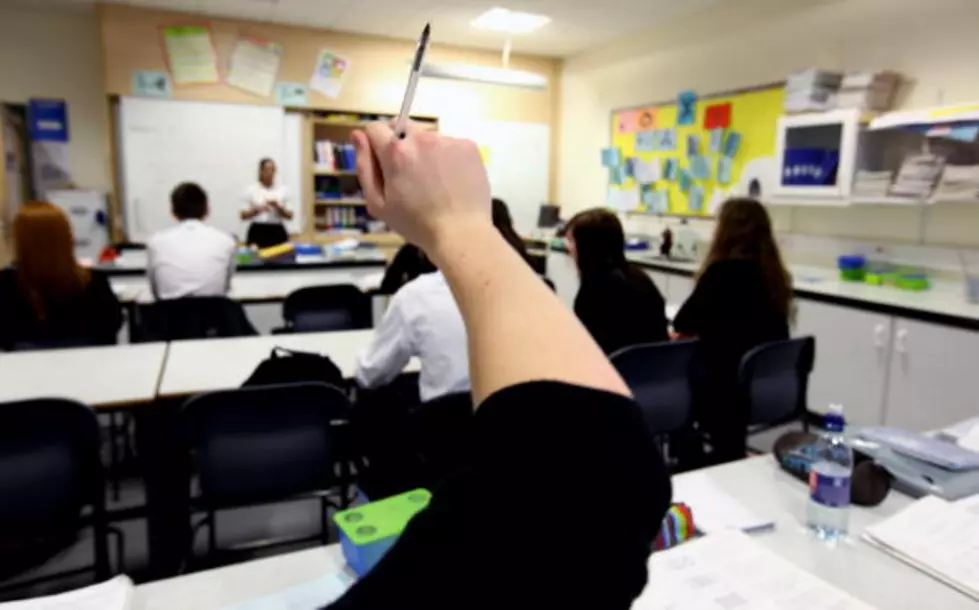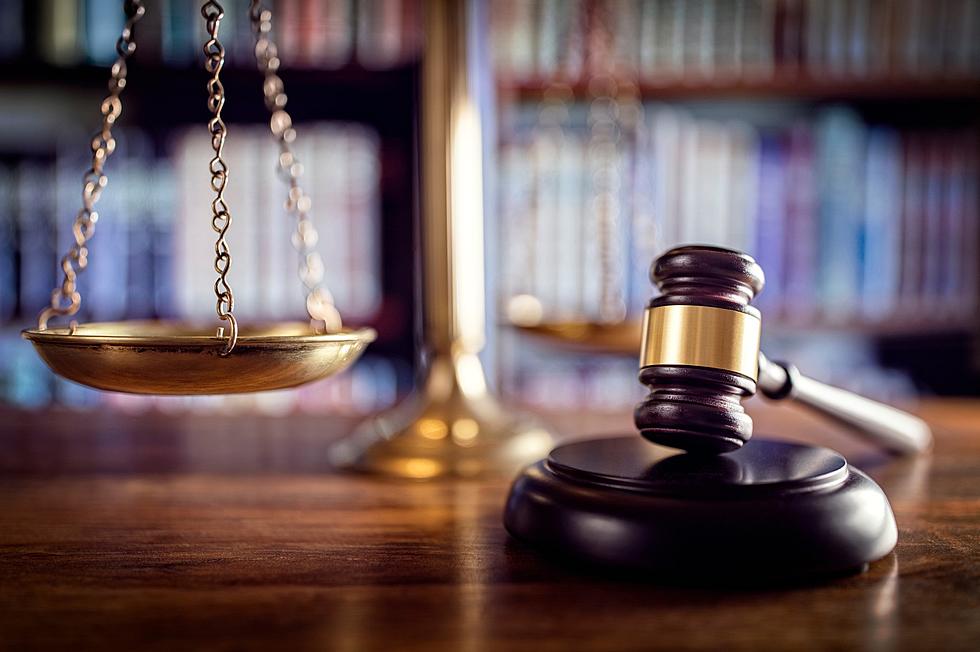
AG Knudsen Issues Binding Opinion on Critical Race Theory
Montana’s Superintendent of Public Instruction Elsie Arntzen reached out to Attorney General Austin Knudsen for guidance on the pressure around the country to include Critical Race Theory in public schools, specifically in Montana.
Knudsen looked at the theory itself before he issued his binding opinion.
“Critical Race Theory is a very controversial, very progressive racial theory primarily coming out of the east and west coasts,” said Knudsen. “It’s very radical and controversial, and so we were asked to take a look at the legality of it, and how and if it could be implemented in the Montana education system.”
Knudsen explained the focus of his binding opinion.
“We’ve issued it; it’s official,” he said. “It has the force of law right now up and until it is overturned, but basically what we came up with is that it is blatant racism. Critical Race Theory has no place in Montana. It cannot function with Montana law and the Montana Constitution and the federal Constitution. It’s a violation of equal protection on a number of fronts and it really has no place in our society in America, and certainly not in Montana.”
Knudsen said the social media backlash began almost immediately.
“We’ve gotten quite a few colorful personal messages on some social media, but nothing official from any groups yet,” he said. “I expect them to come, but it’s going to be interesting given that I’m a tribal descendant and have Indian blood in me, but I fully expect it to come.”
Knudsen said issuing today’s binding opinion is just part of his job as Montana’s Attorney General.
“My job is to look at this as a matter of law,” he said. “The superintendent has the legal authority to ask this office for an opinion. We researched it and I think the law is quite clear. Critical Race Theory is racism. You do not cure racism in the past by engaging in racism currently. That’s antithetical to our entire American system and our Montana system, and it has no place in our schools.”
LOOK: Here are the biggest HBCUs in America
More From Newstalk KGVO 1290 AM & 98.3 FM









